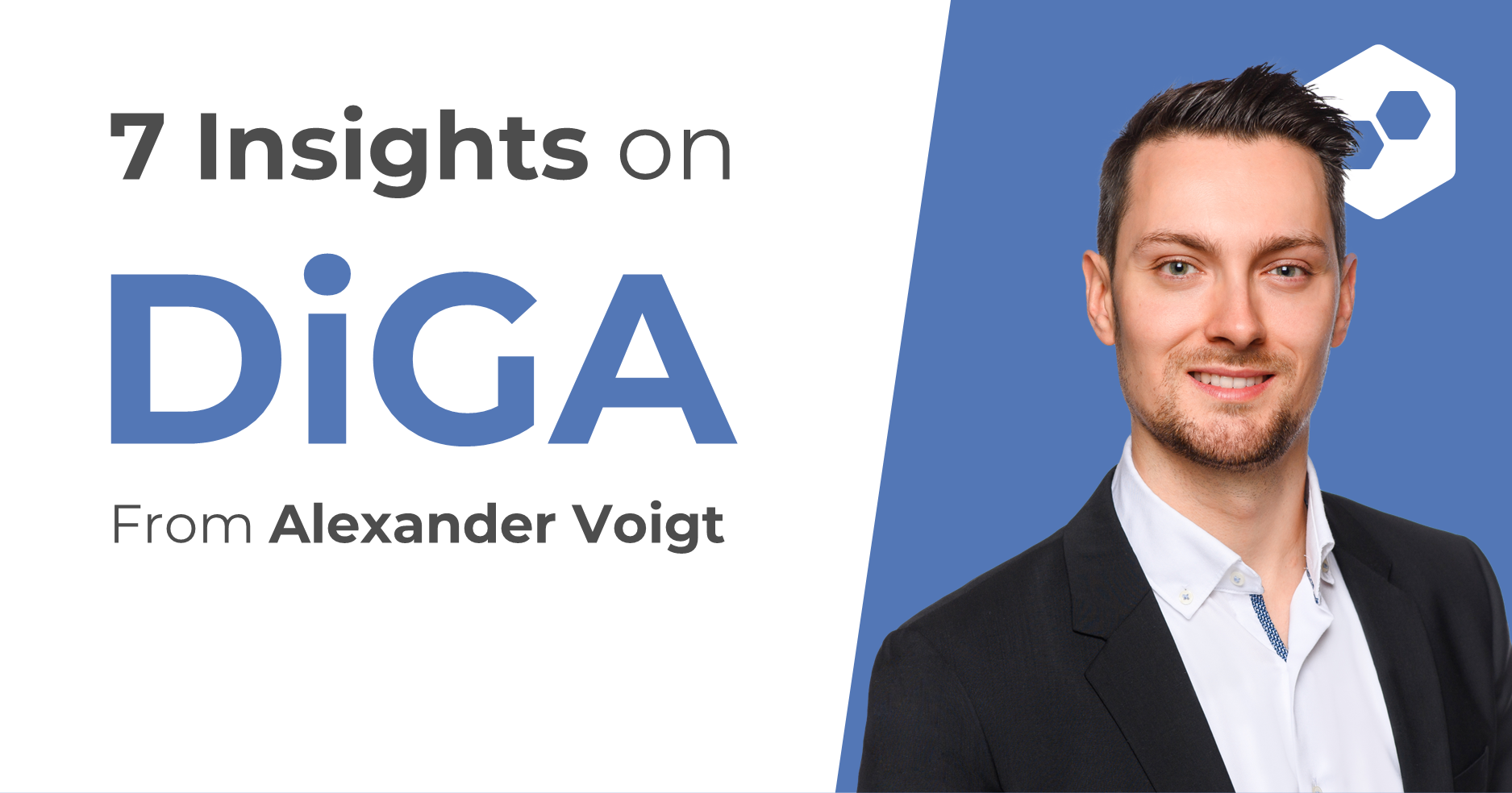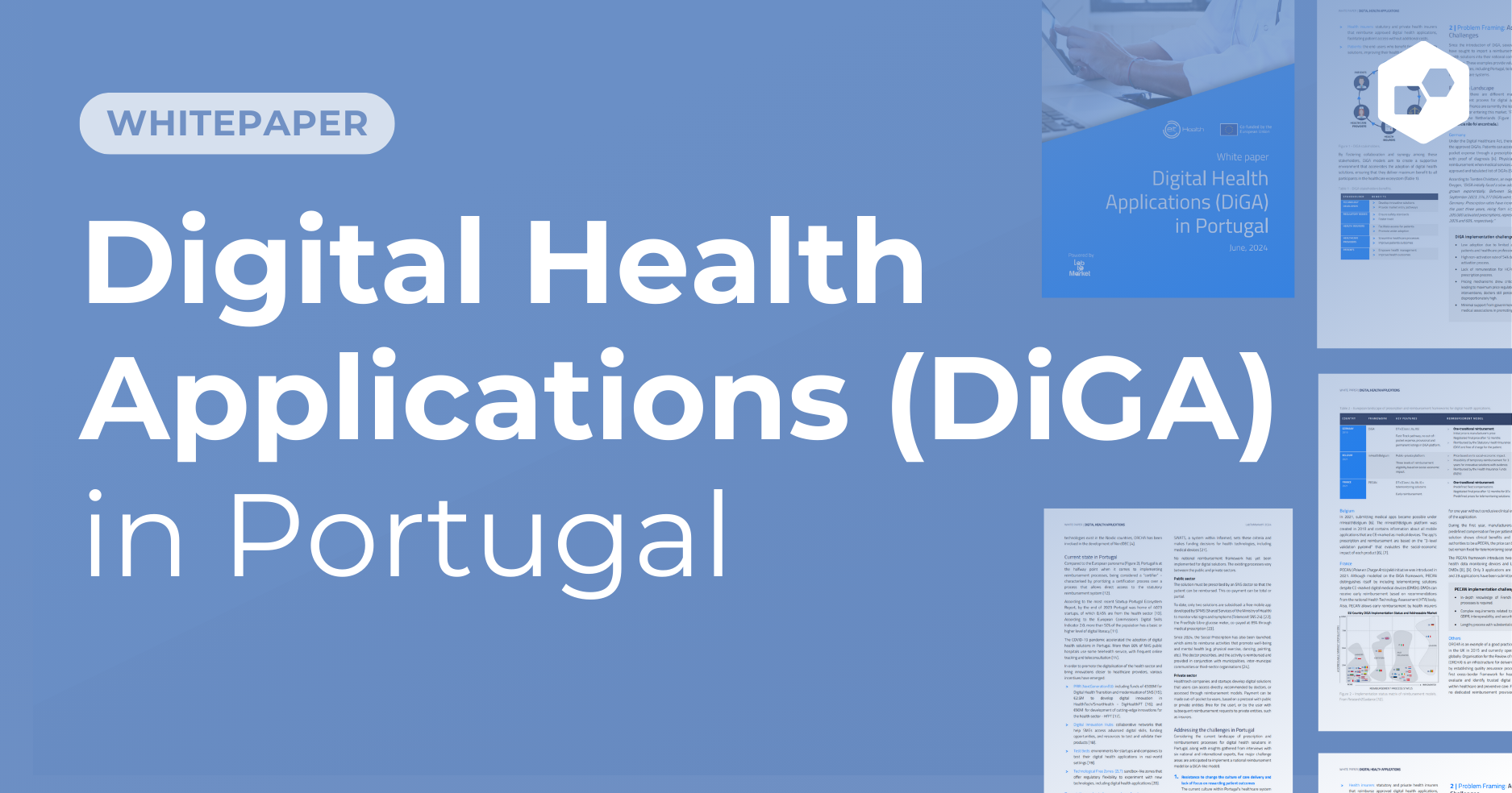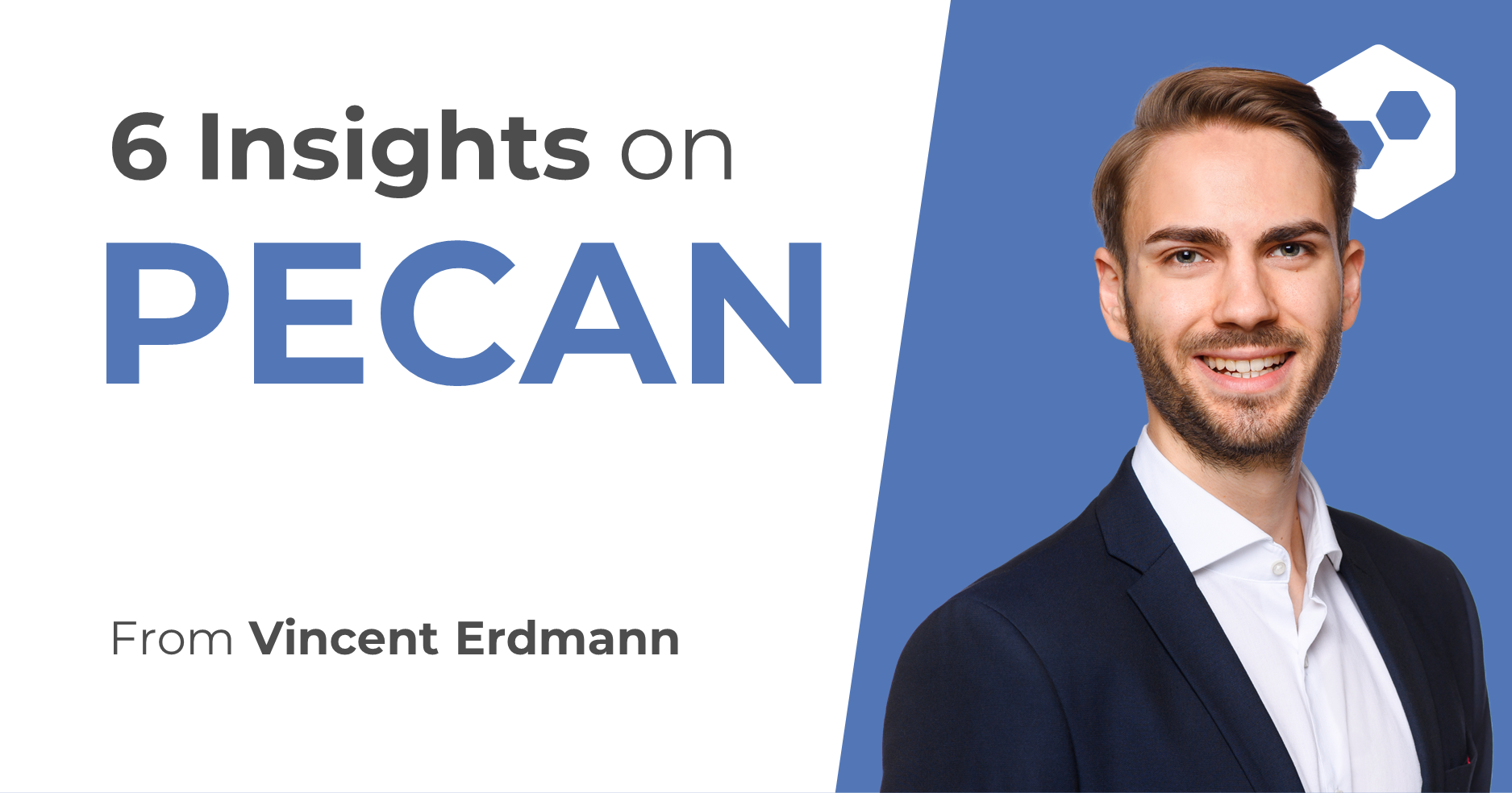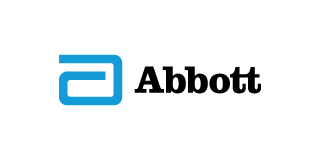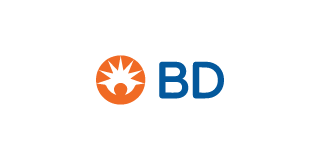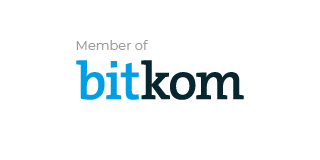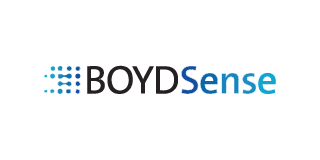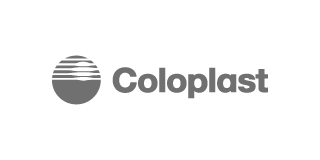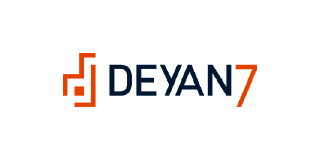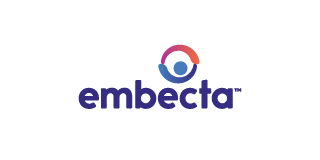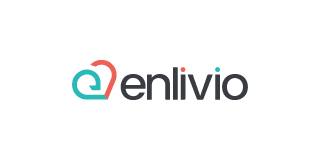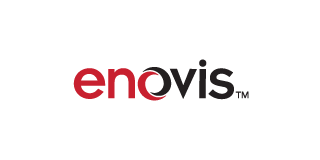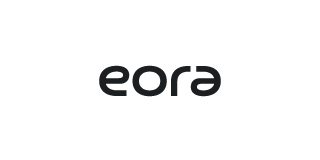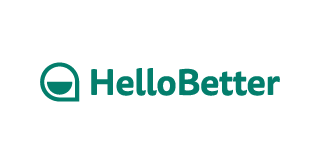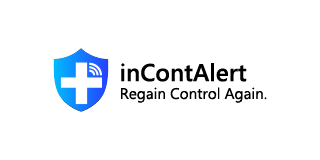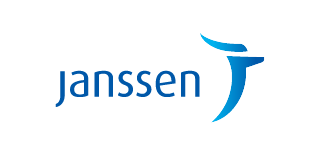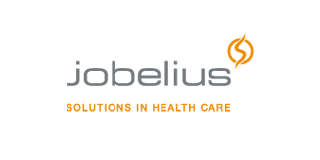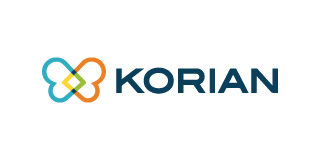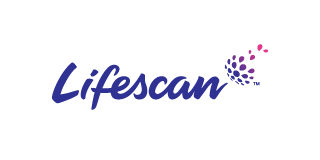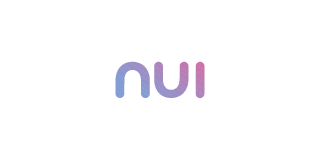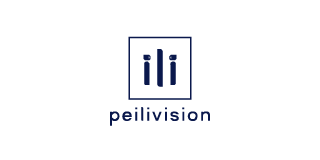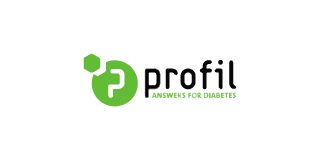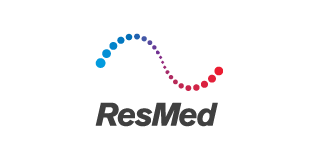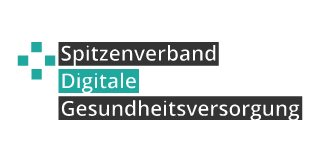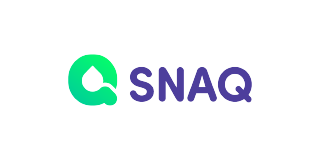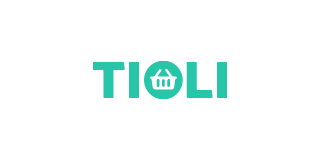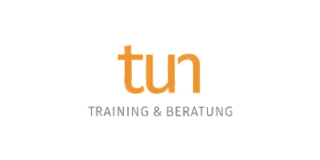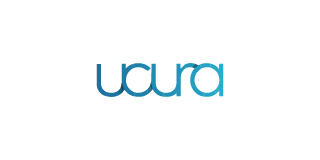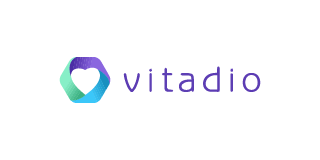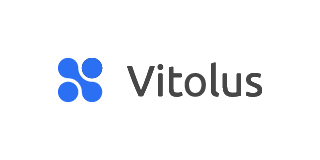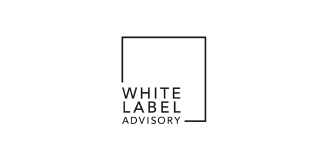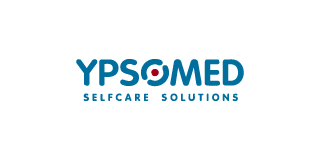7 Insights on “DiGA” by Alexander Voigt
01: Alexander Voigt has been a DiGA expert from the very beginning and is responsible for DiGA projects at Digital Oxygen. What’s special about the DiGA process?
![]() Alexander Voigt: The so-called “DiGA” or Digital Health Applications are approved medical products that can be prescribed by doctors and reimbursed by health insurance companies. In 2020, Germany pioneered this globally – a model that more and more countries are now adopting, including France. What’s unique about the DiGA process is the provisional approval: It allows companies with promising evidence to be reimbursed while the large-scale study to prove a positive care effect is still ongoing. Compared to other market entry methods, a DiGA listing instantly grants access to nearly 90% of the insured working population in Germany.
Alexander Voigt: The so-called “DiGA” or Digital Health Applications are approved medical products that can be prescribed by doctors and reimbursed by health insurance companies. In 2020, Germany pioneered this globally – a model that more and more countries are now adopting, including France. What’s unique about the DiGA process is the provisional approval: It allows companies with promising evidence to be reimbursed while the large-scale study to prove a positive care effect is still ongoing. Compared to other market entry methods, a DiGA listing instantly grants access to nearly 90% of the insured working population in Germany.
Such an attractive market entry must be particularly protected within the limited resources of the health system: It can easily take 1.5 years to meet all requirements for a provisional listing – followed by another 6 to 9 months in the actual approval process, the DiGA Fast-Track procedure, of the BfArM (Federal Institute for Drugs and Medical Devices).
02: Studies on the positive care effect are known to be the most common point of criticism in the DiGA Fast-Track process. How can DiGA manufacturers prevent this?
![]()
Alexander Voigt: First and foremost, it’s essential to understand the scientific endpoints that your DiGA can achieve. Choosing the right measurement tool plays a crucial role in how well the positive care effect can be demonstrated – whether it’s medical benefits or a patient-relevant structural and procedural improvement. It’s vital to be aware of who the actual recipient of the study results is, as there are several. A good DiGA study should:
- Provide sufficient scientific evidence for a listing by the BfArM.
- Allow for the derivation of economic benefit analyses for price negotiations with the National Association of Statutory Health Insurance Funds (GKV-SV).
- Enable the formulation of arguments for practices in marketing. Surprisingly for many: For provisional listing, more than just a preliminary data evaluation is usually required. “Intra-individual comparisons” and “mini-RCTs” are the keywords here.
03: DiGA has repeatedly made negative headlines on data security in the past. Couldn’t this be prevented?
![]()
Alexander Voigt:Indeed, some listed DiGAs occasionally have security vulnerabilities that are then discovered by hacktivists, leading to significant media attention. In our view, it’s in the entrepreneurial interest of DiGA manufacturers to ensure the safety of patient data and not become part of this list. With our network of experts, we actively assist providers in thoroughly testing their products and identifying vulnerabilities.
04: What’s the bigger challenge: the DiGA approval or market success?
![]()
Alexander Voigt: In reality, marketing to practices and patients requires more effort. Even though it might feel different initially, being listed as a DiGA with the BfArM is not the finish line but the starting point. Especially in the crucial first year after listing, many teams focus on providing their evidence of benefit and meeting additional technical requirements. What helps with the multitude of obligations is a good sales strategy for guidance.
However, not everything has to be done by oneself. Many DiGA manufacturers are now successfully entering sales partnerships where corporates provide the necessary access to practices. For both parties to be satisfied in the end, all operational questions must be critically discussed at the outset.
If one decides to set up their own field service, field service training and knowledge of potential objections play a crucial role. We assist manufacturers with all questions regarding their DiGA marketing.
05: DiGA is reputed to be extremely expensive. Is there any truth to that?
![]()
Alexander Voigt: At first glance, DiGA prices can indeed seem too high, especially when considering the multitude of cheap or free lifestyle apps available. Part of the truth, however, is that these prices are a result of the high technical and evidence requirements. Quality comes at a price. Unfortunately, some DiGA manufacturers have overshot with their pricing, which is reflected in significantly lower prescription numbers compared to similar DiGA. It’s becoming evident: Not everything that’s possible works. A cautious pricing strategy often takes you further.
The negotiated prices for permanently approved DiGA are, on average, significantly below the previous price points. Therefore, detailed preparation for the negotiation process is essential for manufacturers. As mentioned earlier, the study proving a positive care effect plays a crucial role. This concerns not only the study result but also the study quality and should be considered from the outset.
06: The introduction of the DiGA process is already some time ago. Has the process been successful?
![]()
Alexander Voigt:It’s all a matter of perspective. For doctors, DiGA is an additional treatment method that one has to familiarize oneself with. The potential is undeniable, and DiGA can help patients, especially in bridging or accompanying therapies. However, they also compete with traditional medical products and drugs for the attention of prescribers. As with any product launch in healthcare, hockey stick successes are more the exception than the rule. However, we see that doctors are gaining more and more experience with DiGA and that initial skepticism is gradually diminishing through good communication. The direction and development are right. That’s already a success.
07: Last but not least: How does Digital Oxygen support companies in the DiGA sector?
![]()
Alexander Voigt: We see ourselves as an end-to-end partner for prospective and listed DiGA providers: From preparing the submission, through BfArM consultations and the actual approval process, to marketing and price negotiation. Of course, we don’t cover all of this in our team but work on specific topics with a network of renowned specialists. This includes, for example, the creation of evidence concepts or field service.
To simplify the entry into one’s DiGA development, we have developed the DiGA-CANVAS. It covers all relevant dimensions for a successful DiGA project. If one decides to invest in a DiGA or take over a DiGA, we support in the sense of a classic Commercial Due Diligence in evaluating the technical basis, the evidence strategy, and the expected market success.
Mehr Informationen zu DiGA finden Sie hier.
Send Request
Your Contact
Torsten Christann
Managing Partner
